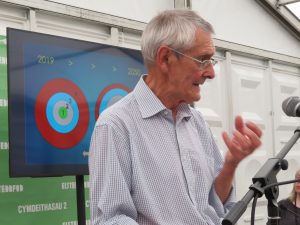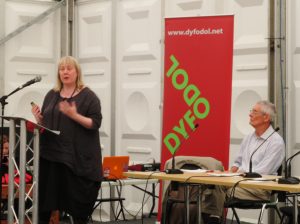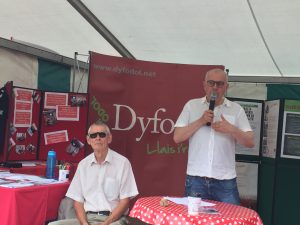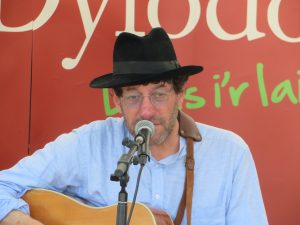The National Development Framework 2020-2040 is expected to be published this summer. This document will set the direction for town and country planning throughout Wales, and according to Dyfodol i’r Iaith, it will have a significant implications for the Welsh language.
Wyn Thomas, a member of Dyfodol’s Board said:
“This Framework will provide a blueprint for planning over the Welsh Language Strategy’s timetable, and so one would expect it to make a positive contribution towards the Government’s aim of creating a million Welsh speakers. Unfortunately, the document in its present form misses several opportunities to do this.
The Framework gives no special consideration to Welsh-speaking areas and communities for example, and unlike the environment, the language has no Statutory Consultee to defend it. We believe that the Welsh Language Commissioner should be supported and enabled to take on this important and highly specialised duty.
As the Senedd discusses the Framework over the coming months, we are concerned that this lack of protection and expertise will undermine the consideration given to the Welsh language and the opportunity to safeguard its future within the planning system. It does not bode well that that the Housing and Local Government Minister is unwilling to discuss our concerns.
We fear that the detailed scrutiny that is necessary in relation to the language implications of the Framework will fall upon a very small number of committed Assembly Members. The relationship between town and country planning and the Welsh language is far to important to be overlooked – it is a significant issue for the whole nation.
Dyfodol have written to all the Assembly Members to draw attention to this and raise awareness of the basic principle of a planning system which supports the Government’s own committment to the Welsh language.”






